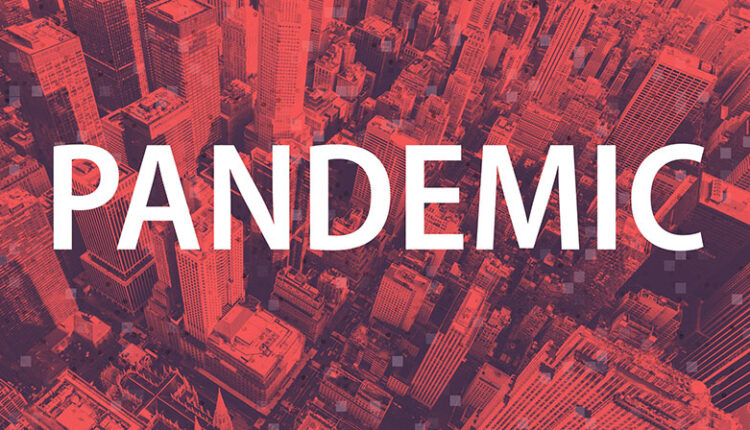End Covid’s Pandemic to Restore the Forestry Industry
By: Aldia Putra) *
The co-19 pandemic hit the forest industry with a landslide. The export performance of these industrial products even dropped to a minus level. The reason is because there are no flights and shipping of goods via sea to foreign countries, because the destination country is being locked down. Forestry industry entrepreneurs are trying hard to get their business back up again.
The forestry industry from upstream to downstream has decreased since the beginning of the covid-19 pandemic. Bambang Hendroyono, Secretary General of the Ministry of Environment and Forestry / Acting Director General of the PHPL explained that from the beginning of January to May, instead of rising, the profit actually dropped to minus 8.3%. When compared with the initial period to the middle of last year.
This decline occurred because during the pandemic, we were not free to export forestry industry products as usual. Airports and ports were closed and many flights were canceled, as a result of lockdowns in many countries. Pandemic not only caused a crisis in Indonesia, but also almost the entire world.
To overcome this minus profit, Bambang Hendroyono explained that KLHK would implement several policies to increase the productivity of the forest industry. So, exports of products can also increase. If it increases, the profits will gradually improve so that it is not minus anymore.
During the adaptation of new customs, airports and ports were opened again, making it easier for export taps. In addition, the government will manage forests using a landscape approach and analyze some areas prone to forest and land tenure conflicts.
For the stimulation of the forestry industry, it starts from the upstream sector. The government will develop community plantations quickly and also develop agroforestry. Especially in the work area of Business Permits for the Utilization of Timber Forest Products in Industrial Plantation Forest in Plantation Forests. In order to produce high quality wood for export products.
While for the downstream sector, the government will strengthen the SVLK (timber legality verification system, facilitate the arrangement of SVLK for small industries and MSMEs, and increase the cross-sectional area of forestry industry export products. When the upstream and downstream sectors are corrected, the export results will get better and income it goes up.
Indroyono Soesilo, chairman of the Indonesian Forest Concession Association said he was very grateful to the attention of the government. Especially on the convenience of the SVLK bureaucracy, so that it is no longer wordy. In addition, he proposed the development of diversification of processed wood products, so that they would not be considered boring by overseas clients.
The steps taken by the government are considered very good because the problem of forest management must be taken care of properly. Especially in forests that are vulnerable to becoming forest and land fire victims, forest fire prevention will be carried out. Because the effect is detrimental not only in the economic field but also socially. The smoke can also fly to other countries so that it is a shame for the name of Indonesia.
In addition, the government under the leadership of President Joko Widodo, who in fact is a forestry graduate, certainly knows how to handle the forestry industry well. Also eager to increase income from exported forestry products, so that they are no longer in a minus condition, even though they are still in a pandemic.
Simplified SVLK management and friendly bureaucracy for small-scale entrepreneurs will have a positive impact. Because it is certain that the exported forestry industry products are timber with legal status. So minimize the export of illegal timber or forestry industry products, which can tarnish the name of Indonesia.
The government is trying hard to increase income from forestry industry products, which yesterday’s income dropped to a minus point. The trick is to take care of the forest industry from upstream to downstream, maintain forests prone to forest and forest fires, and strengthen the SVLK system. Hopefully in these ways the financial conditions in the forest industry sector will improve.
) * Active writer in the Jakarta Institute
